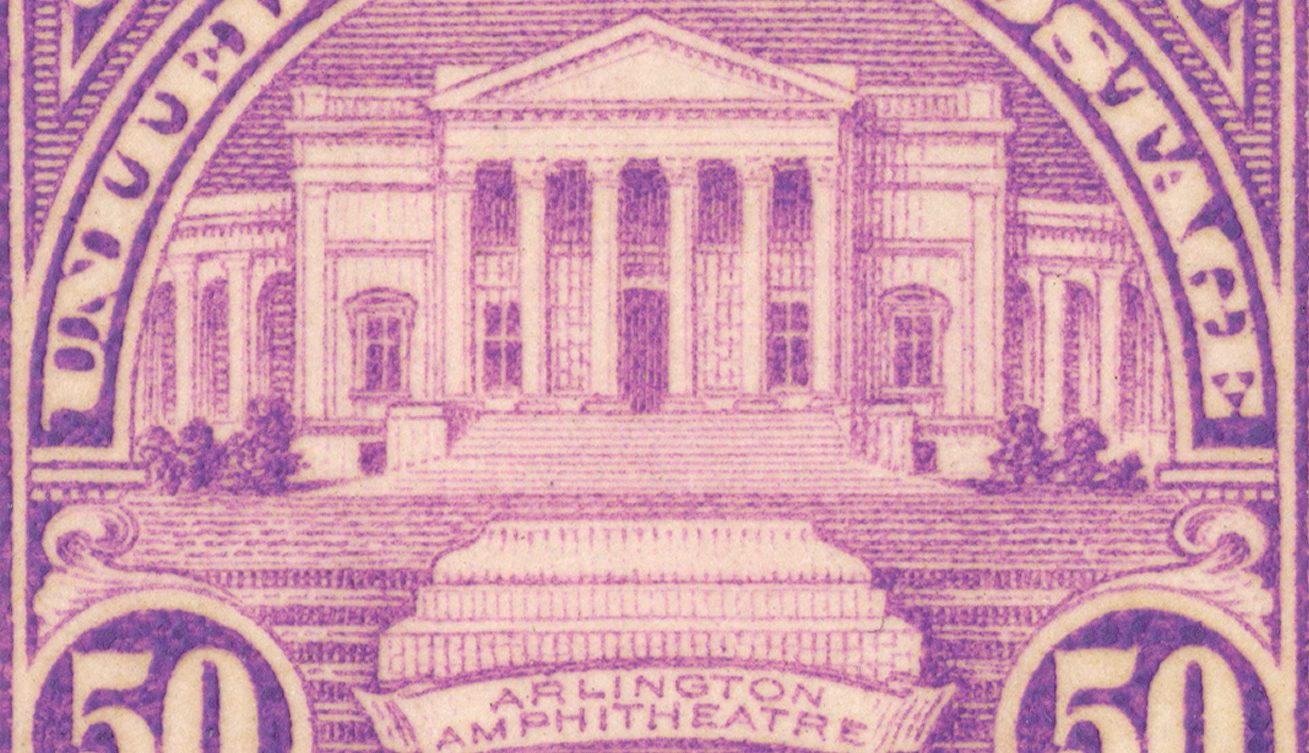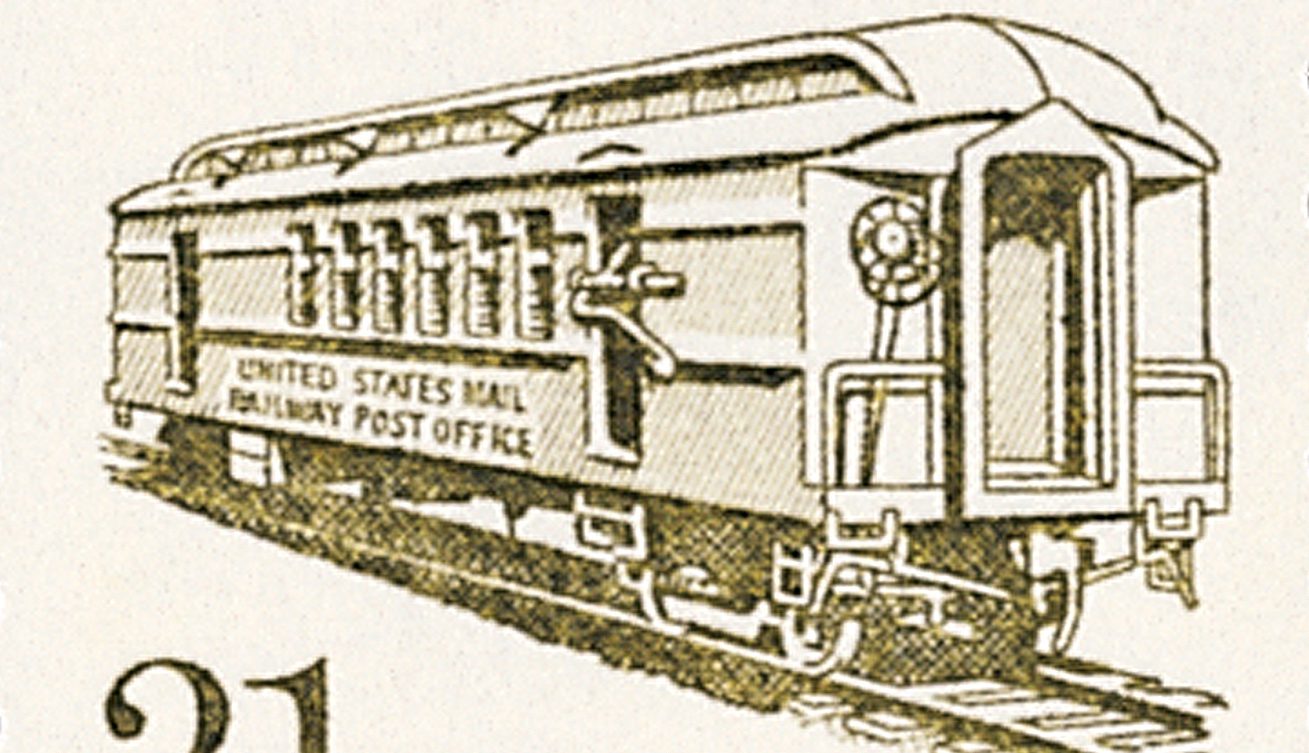George Washington Creates Forerunner of Purple Heart
On August 7, 1782, George Washington ordered the creation of the Badge of Military Merit to be awarded for bravery in battle. The predecessor of the Purple Heart, it’s one of the oldest military awards worldwide that is open to all who are wounded in battle.









